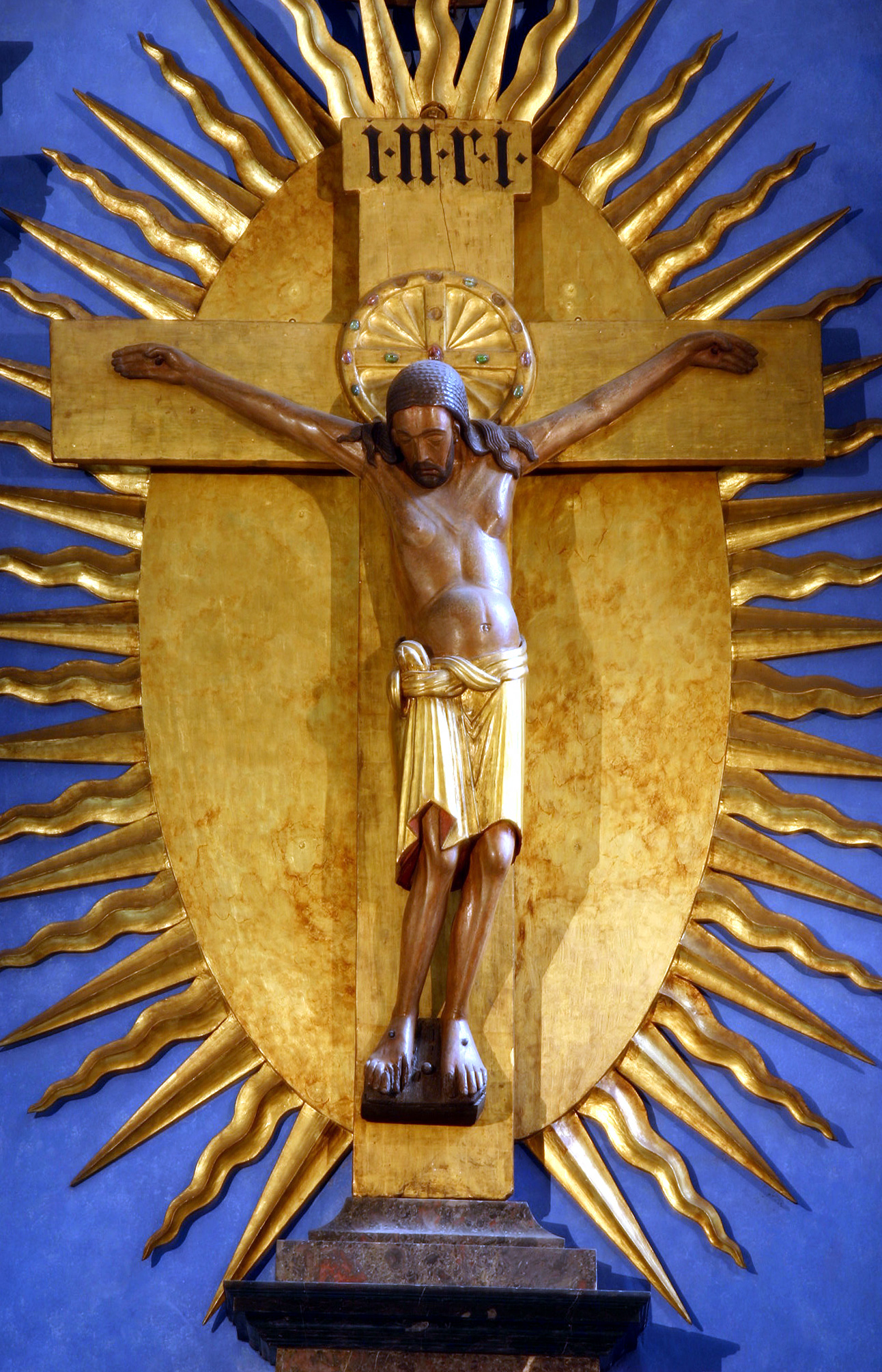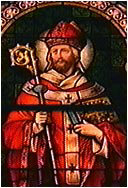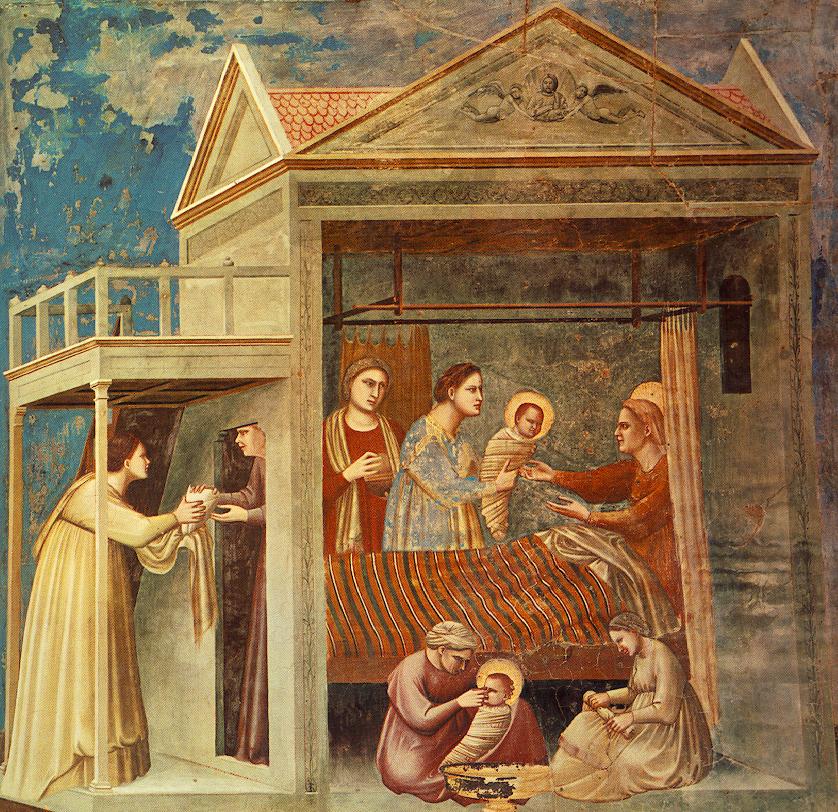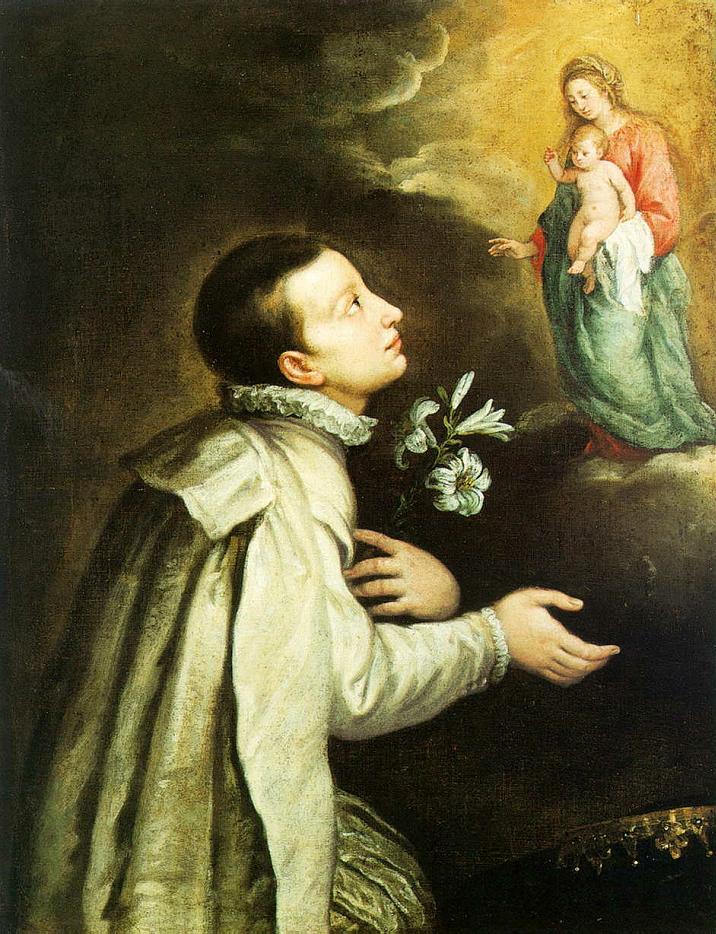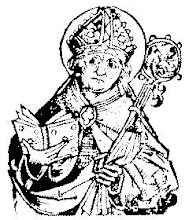After being sed vacante for just about a week longer than a year, my "home" diocese, the Archdiocese of Pretoria, South Africa has a new archbishop, William Slattery O.F.M.
Until now Archbishop elect Slattery has been the bishop of Kokstad, and the bio below comes from the website of that diocese.
Bishop William Slattery OFM was born in Tipperary , Ireland, 6 Sept 1943. He Studied secondary school with the Franciscans and then joined that Order in 1962 and made final vows in 1966. Studied for a B.A. at the National University of Ireland in Galway. Studied theology and got licence in S Th in Rome 1970. Came to South Africa in 1971. He worked in Sebokeng, Sharpeville, Boipatong in the Vaal Triangle of Johanessburg diocese.The Holy Father has also announced a new bishop for the Diocese of Kimberley, our old parish priest, Mgr Abel Gabuza, who has served as the Apostolic Administrator for Pretoria for the last year.
Appointed novice master of the Franciscans and parish priest Besters 1975-1983, in the diocese of Dundee. Set up formation program in Malawi. Superior of the Franciscans in the Transvaal and then appointed by the Bishops' Conference as Rector of St John Vianney Seminary 1984-1991. General visitator of the Franciscans in East Africa. Postulant Master and parish priest in Amatikhulu\Gingindlovu in the diocese of Eshowe.
Returned to Besters 1993 and appointed Bishop of Kokstad Nov 1993, consecrated bishop Feb 19, 1994. On the Board of the SACBC 1997-2006 as Chair of the department of Seminaries and now 2006-2009 Head of Department of Evangelisation. Have published religious and spiritual books in Sotho, Zulu, Xhosa and Sepedi.

